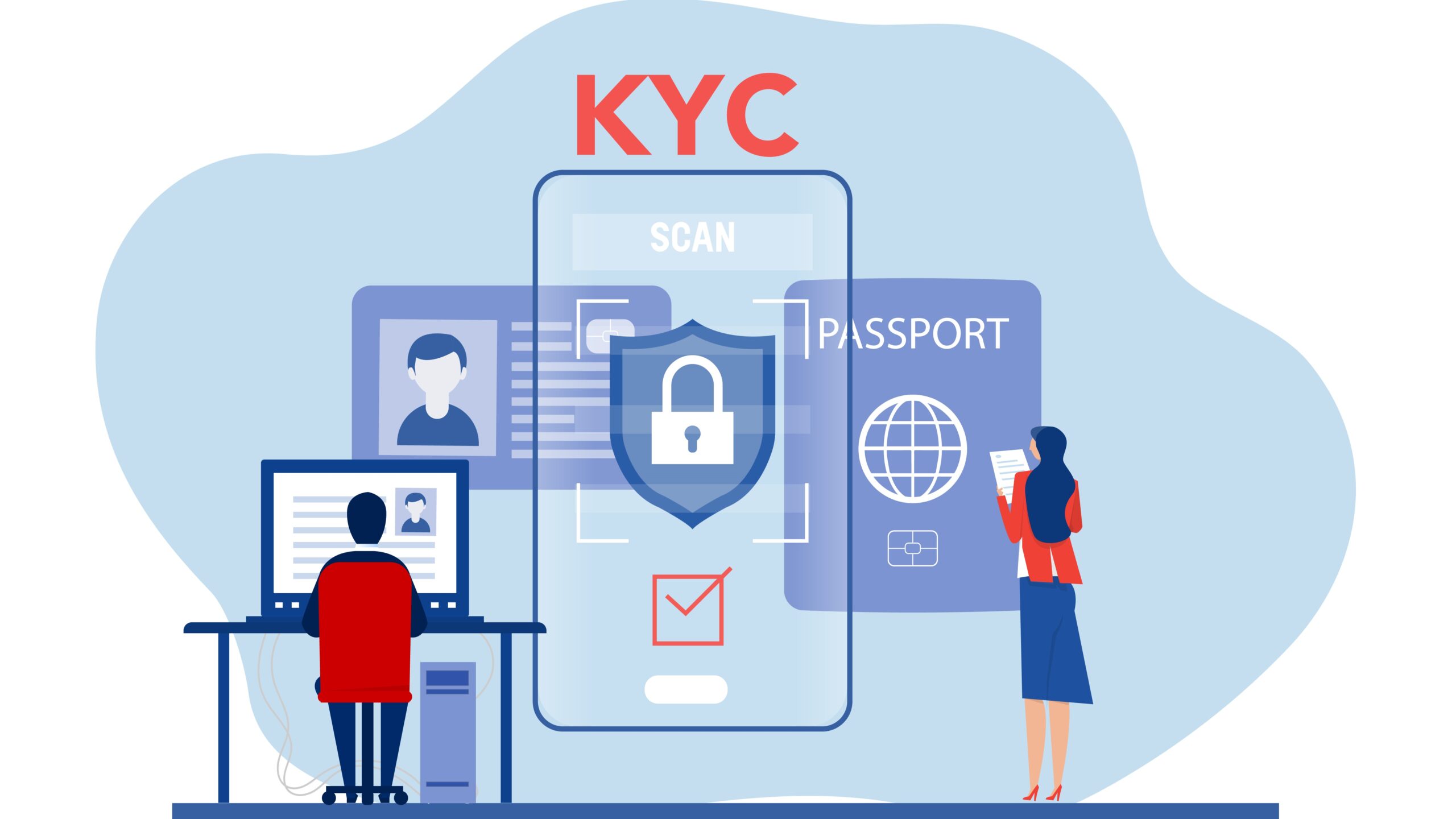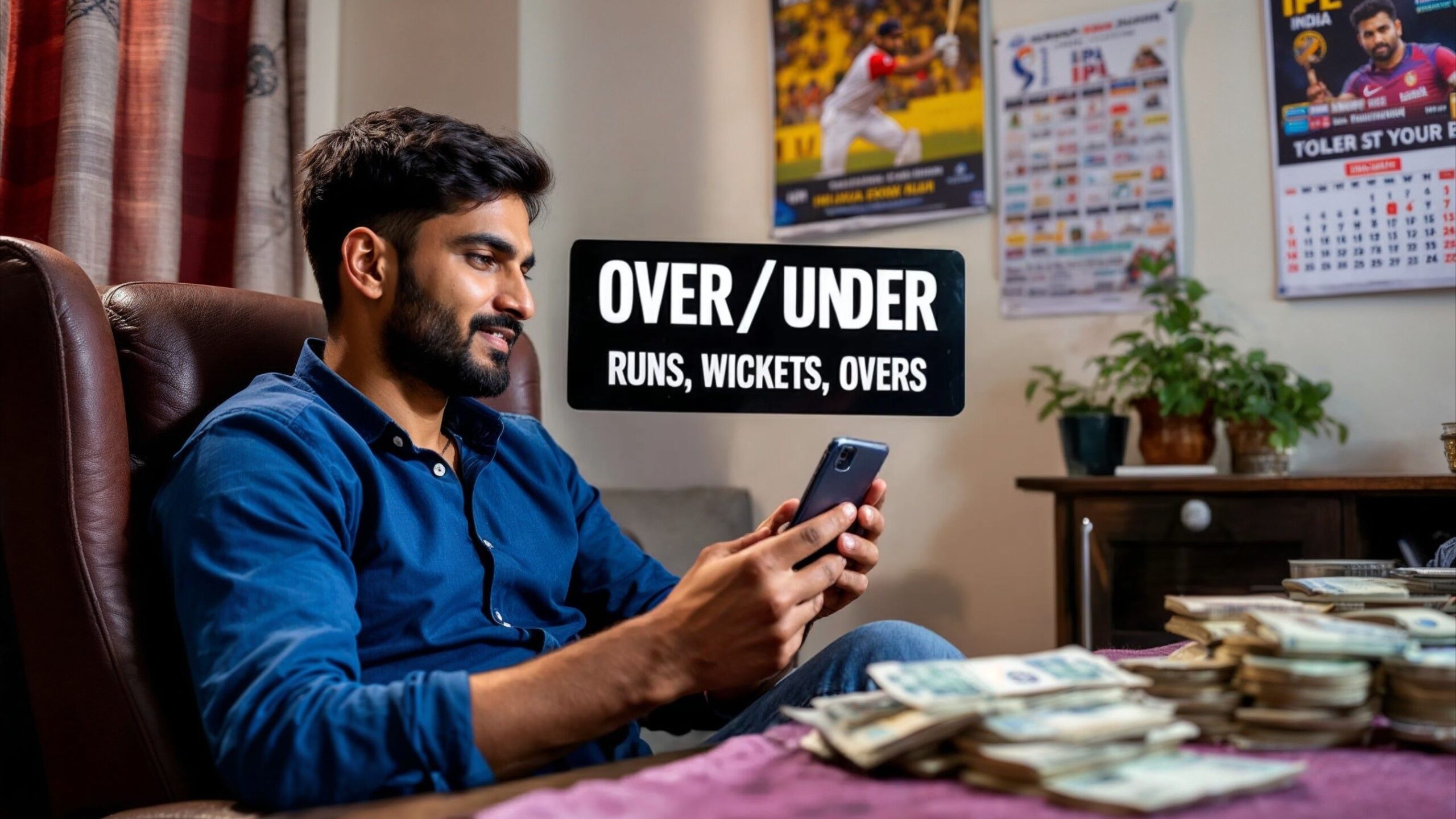Have you ever wondered how Indian casinos ensure that the person sitting at the table or playing online is who they say they are? Player verification is the backbone of security in gambling, and without it, casinos would be vulnerable to fraud, underage gambling, and money laundering. In India, where gambling laws are a complex patchwork of state regulations, verification checks become even more crucial.
Why Player Verification is Crucial
Player verification, commonly known as KYC (Know Your Customer), plays a vital role in the gambling industry, especially in India where the regulatory environment is complex. It’s not merely a formality or a bureaucratic step—it serves as a critical safeguard that protects both casinos and players. For casinos, thorough player verification helps avoid potential legal complications and financial losses. By confirming a player’s identity and eligibility, casinos ensure they are operating within the law and maintaining their licenses. It also prevents fraudulent activities like identity theft or the use of fake documents. For players, verification processes guarantee a secure gambling environment where games are fair and trustworthy.
Overview of Indian Casino Regulations
Gambling regulations in India are highly fragmented and state-specific, which directly impacts how casinos implement player verification protocols. Some states like Goa, Sikkim, and Daman have legalized casinos, allowing both land-based and online operations under regulated frameworks. These states require casinos to conduct strict verification checks to comply with local laws and protect players. In contrast, other states have banned most forms of gambling but might still permit activities like lotteries or horse racing, adding another layer of complexity. Casinos operating in India must adapt their verification processes depending on where they are located and which regulations apply.
Despite this patchwork, all licensed casinos across India must adhere to strict standards designed to protect consumers and ensure fairness. These include mandatory identity checks, age verification, and monitoring of suspicious transactions. Indian casinos also align their protocols with international best practices to maintain credibility, especially those operating online, where players can come from various jurisdictions. By enforcing these regulations, the Indian gambling industry aims to balance business interests with player safety and legal compliance.
The Legal Framework Governing Casinos in India
State-Specific Casino Laws
In India, gambling is regulated primarily at the state level, leading to significant differences in laws and policies across the country. For example:
- Goa: One of the most liberal states in terms of gambling, with several land-based casinos and legalized online betting.
- Sikkim: Pioneer in licensing online casinos with strict regulatory controls and player verification requirements.
- Daman: Known for its vibrant casino scene and strict adherence to KYC norms.
Other states like Maharashtra and Tamil Nadu, meanwhile, have banned gambling altogether but permit certain exceptions such as lotteries or horse racing. This varied legal landscape means casinos must customize their verification processes depending on the state’s laws, ensuring they comply with local licensing conditions and regulatory expectations.
Because of these differences, casinos operating nationally or online often build flexible verification systems. These systems can handle multiple document types, age limits, and verification procedures to meet the diverse legal requirements in India. This patchwork approach complicates compliance but is necessary to respect India’s federal structure and gambling laws.
The Role of the Public Gambling Act, 1867
The Public Gambling Act of 1867 is the foundational legal statute governing gambling activities in India. Though it is an old colonial-era law, it remains significant as it broadly prohibits gambling and running gambling houses across the country. However, the Act allows certain exceptions, primarily leaving the regulation of gambling to individual states. This creates the basis upon which states craft their own gambling laws and regulations, including those relating to casinos and player verification.
Despite being outdated in many respects, the Public Gambling Act still influences how player verification is carried out. Casinos use this legal backdrop to ensure they do not violate the ban on illegal gambling, which includes conducting KYC checks to confirm that their patrons meet legal requirements such as minimum age and valid identity. The Act’s existence also pressures states and operators to create more modern and detailed verification processes to legitimize gambling and protect players.
Recent Amendments and Emerging Regulations
With the rapid growth of online casinos and digital gambling platforms in India, the government has begun updating existing laws to keep pace with technological advancements. These amendments focus on creating a more robust regulatory environment that emphasizes player protection, data privacy, and anti-fraud measures. New regulations are gradually pushing casinos to implement stricter KYC norms and enhance their player verification procedures.
For example, emerging rules require casinos to:
- Use advanced digital identity verification technologies.
- Maintain detailed records of player data securely.
- Follow stricter age verification processes.
- Implement measures to detect and prevent money laundering and fraud.
As the Indian gambling market grows, these reforms will continue to evolve, aiming to balance innovation with responsible gaming and security. Casinos that adapt quickly to these emerging standards will benefit by gaining player trust and regulatory approval, ensuring sustainable business in the long run.
Types of Player Verification Checks in Indian Casinos
Player verification is the foundation of secure and responsible gambling in Indian casinos. There are several key types of verification checks that casinos implement to ensure the player is legitimate and eligible to participate. These checks typically revolve around confirming the player’s identity, age, and sometimes address or biometric data. Each check plays a distinct role in preventing fraud, underage gambling, and illegal activities such as money laundering. Indian casinos must be thorough in these checks to comply with both state-specific gambling laws and broader national regulations.
Identity Verification (KYC)
At the heart of the player verification process lies KYC — Know Your Customer. This is a crucial step where casinos confirm the player’s identity by requiring official documents issued by the government. The primary goal is to prevent identity theft, multiple account fraud, and ensure that only legitimate players gain access to casino services. Casinos carefully review these documents for authenticity, comparing submitted data against official government databases when possible. In India, this process is highly regulated and mandatory for both land-based and online casinos.
Indian casinos accept several types of documents for identity verification. These documents must be valid, unexpired, and issued by recognized authorities. Each document varies in how easy it is to verify and its level of acceptance. Casinos may also require players to submit multiple documents to strengthen the verification process. This helps create a trustworthy gaming environment and supports compliance with local laws that protect both the operator and the player.
| Document Type | Issuing Authority | Common Use | Verification Ease |
| Aadhaar Card | UIDAI (Government of India) | Primary ID, address, and biometric data | High (central database) |
| PAN Card | Income Tax Department | Identity and financial tracking | Medium (financial records) |
| Passport | Ministry of External Affairs | International ID, age verification | High (secure and verifiable) |
| Voter ID | Election Commission | Identity and address proof | Medium |
| Driving License | Regional Transport Office | Identity and address | Medium |
Age Verification
One of the most important verification steps for casinos in India is confirming that the player meets the legal age requirement for gambling. The minimum legal gambling age varies by state, generally set at either 18 or 21 years. Age verification is critical not only to comply with the law but also to promote responsible gambling by protecting minors from the risks associated with betting. Casinos carefully cross-check the player’s date of birth against valid ID documents during the KYC process.
In many cases, casinos complement document checks with biometric or electronic tools to verify age more accurately. For instance, facial recognition software might be used to match the player’s current appearance with the ID photo submitted. This reduces the risk of underage players bypassing the system with forged documents or stolen identities. In addition to legal compliance, age verification supports broader social goals, such as preventing gambling addiction among vulnerable groups.
Step-by-Step Process of Player Verification
Registration and Initial Data Collection
The player verification process starts right from registration. When a player signs up at an Indian casino—whether online or land-based—they must provide basic personal details like full name, date of birth, email, and contact number. This initial data serves as the foundation for all subsequent verification checks. The casino captures this information securely, ensuring it meets regulatory requirements for data protection. Registration forms are designed to collect enough details to uniquely identify the player while preparing for further identity confirmation.
This early step also helps casinos pre-screen players for any obvious issues, such as age restrictions or regional bans on gambling. The collected data can flag potential risks before the verification documents are submitted. For online casinos, registration forms might also include prompts for uploading scanned copies of ID documents and pictures to streamline the verification process. This combination of registration and data collection ensures that players move through the system efficiently and compliantly.
Document Submission and Validation
After the initial registration, players must submit the required documents for verification. This typically includes scanned copies or photographs of government-issued IDs like Aadhaar or PAN cards. In land-based casinos, players might present physical documents in person, while online platforms usually require digital uploads. Casinos then validate these documents against official records or databases to confirm their authenticity. This step is crucial to prevent the use of counterfeit or stolen identification.
Validation is often supported by automated software that scans documents, checks expiry dates, and compares details against government databases where possible. Manual checks by trained staff are sometimes used as a backup for suspicious cases. The goal is to ensure the player’s identity, age, and sometimes address are genuine before granting access to gambling services. The thoroughness of document validation protects the casino from legal liabilities and the player from potential identity fraud.
Face-to-Face or Video Verification
For land-based casinos, face-to-face verification remains the gold standard. Casino staff check the player’s original ID documents in person and compare them directly with the player’s physical appearance. This ensures the person presenting the ID is the legitimate owner, greatly reducing fraud risks. Many casinos also take a photo or record video during this interaction for audit purposes.
In the online space, video verification has become increasingly popular. Players may be required to participate in live video calls where a staff member visually confirms their identity or to upload a selfie that matches their ID photo through facial recognition technology. This method bridges the gap between physical and digital verification, providing a secure and convenient solution for remote players. Video verification strengthens the KYC process by adding biometric confirmation, making it harder for fraudsters to manipulate the system.




